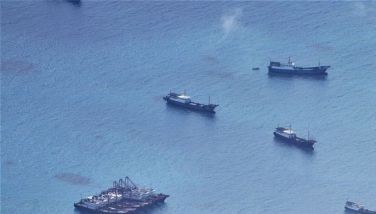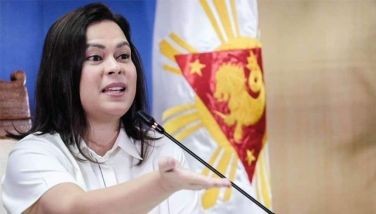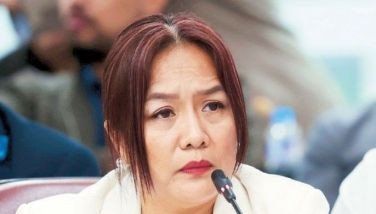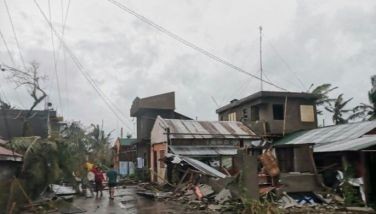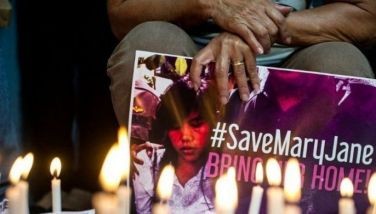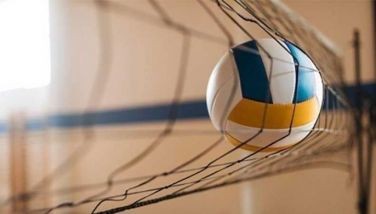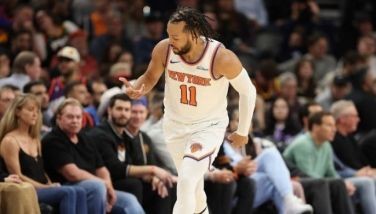Palace: Facebook ban unlikely, Duterte just wants to talk
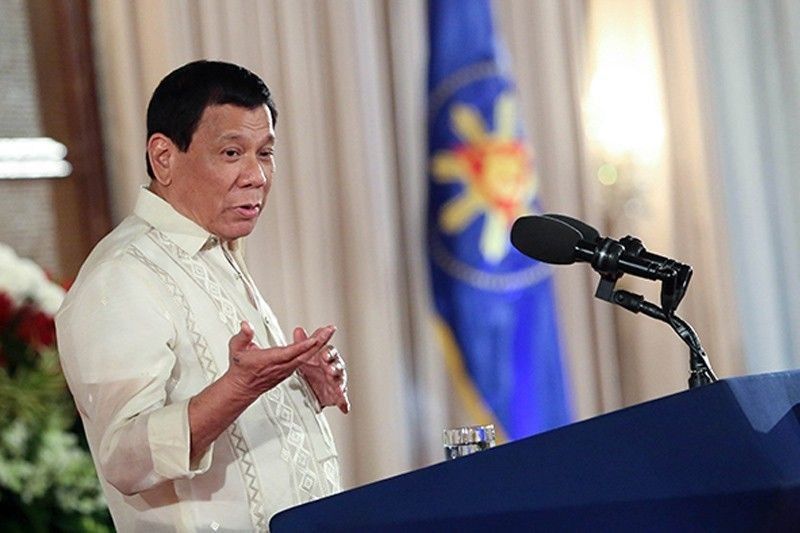
MANILA, Philippines — Malacañang on Tuesday walked back a vague threat issued by President Rodrigo Duterte to Facebook in his televised address on Monday night.
The social media platform drew the president's ire for taking down networks of pages, accounts, and groups for "coordinated inauthentic behavior."
One of the networks taken down was based in China while another network, based in the Philippines, were traced to the military and police, Facebook said.
When asked if Filipinos should be concerned about the possibility of a Facebook ban following Duterte's remarks, presidential spokesman Harry Roque said in Filipino: "Di naman siguro dahil ang sinabi ng presidente ay kailangan mag-usap (Probably not because what the president said is that [they] need to talk)."
"Because [Filipinos] are Number One on Facebook, if we were to leave, it would not be good for both Facebook and the Philippines. If we were to leave, it would be a big loss for Facebook but at the same time, because we are Number One, many Filipinos using Facebook would also be affected," he added in Filipino.
Statista, a German company specializing in market and consumer data, in 2019 said that 74 million of Facebook's over 2 billion active users are in the Philippines.
The now-removed accounts linked to the military and police often posted to criticize the Communist Party of the Philippines and its armed wing, the New People's Army (NPA), Facebook said.
READ: PNP disavows accounts Facebook took down for 'coordinated inauthentic behavior'
Meanwhile, a Chinese network which was also taken down by Facebook often posted positive content about Davao City Mayor Sara Duterte's possible run for the presidency in 2022 alongside her father whose close allies have floated could run as her vice president.
"Facebook, listen to me. We allow you to operate here hoping you could help us also. Now if the government cannot espouse or advocate something which is for the good of the people then what is your purpose here in my country?” Duterte said in a taped speech late Monday.
Among the pages removed by Facebook was Hands Off Our Children (HOOC), which was being managed by Philippine Army Capt. Alexandre Cabales. The military earlier asked the social media company to restore HOOC, which it said was a “legitimate advocacy page.”
“What would be the point of allowing you to continue if you can’t help us? We are not advocating mass destruction, we are not advocating massacre. It’s a fight of ideas,” Duterte said.
Palace won't concede that accounts removed by Facebook were fake
Facebook last week said it removed both the Chinese and Philippine networks from its platform for violating its rules on coordinated inauthentic behavior "on behalf of a foreign or government entity."
The social media’s community standards define “inauthentic behavior” as using Facebook or Instagram assets to “mislead people or Facebook” on their identity, purpose or origin, or on the popularity of a page or post, or "to evade enforcement under our community standards."
Despite this, Roque today questioned if these accounts were really fake and said their removal was an issue of freedom of speech.
"We are not conceding that these are fake accounts. We do not know what basis Facebook had in classifying them as fake accounts. All we know is that the effect is suppressing pro-government pages," he said.
"What Facebook really did is content-based restriction and as you know in freedom of speech jurisprudence, content-based restriction is presumed to be unconstitutional," Roque said.
Facebook's Head of Security Policy Nathaniel Gleicher said in the announcement of the removals that Facebook focuses on behavior rather than content when conducting investigations of this nature.
"In each case, the people behind this activity coordinated with one another and used fake accounts as a central part of their operations to mislead people about who they are and what they are doing, and that was the basis for our action," he said.
Contrary to Roque's claims, several pro-administration pages remain on Facebook and have large followings on the platform.
For example, the Mocha Uson Blog consistently rallies support for Duterte and has been called out for its propagation of fake news by several media but continues to enjoy a following over 5 million strong.
Despite Duterte's current tiff with the social platform, several media outlets have found that the chief executive's rise to power was fueled by his campaign's activity on Facebook. Reports from international media have also tagged Facebook as one of the main tools used by the Duterte administration to garner support for its much criticized campaign against illegal drugs.
- Latest
- Trending


















